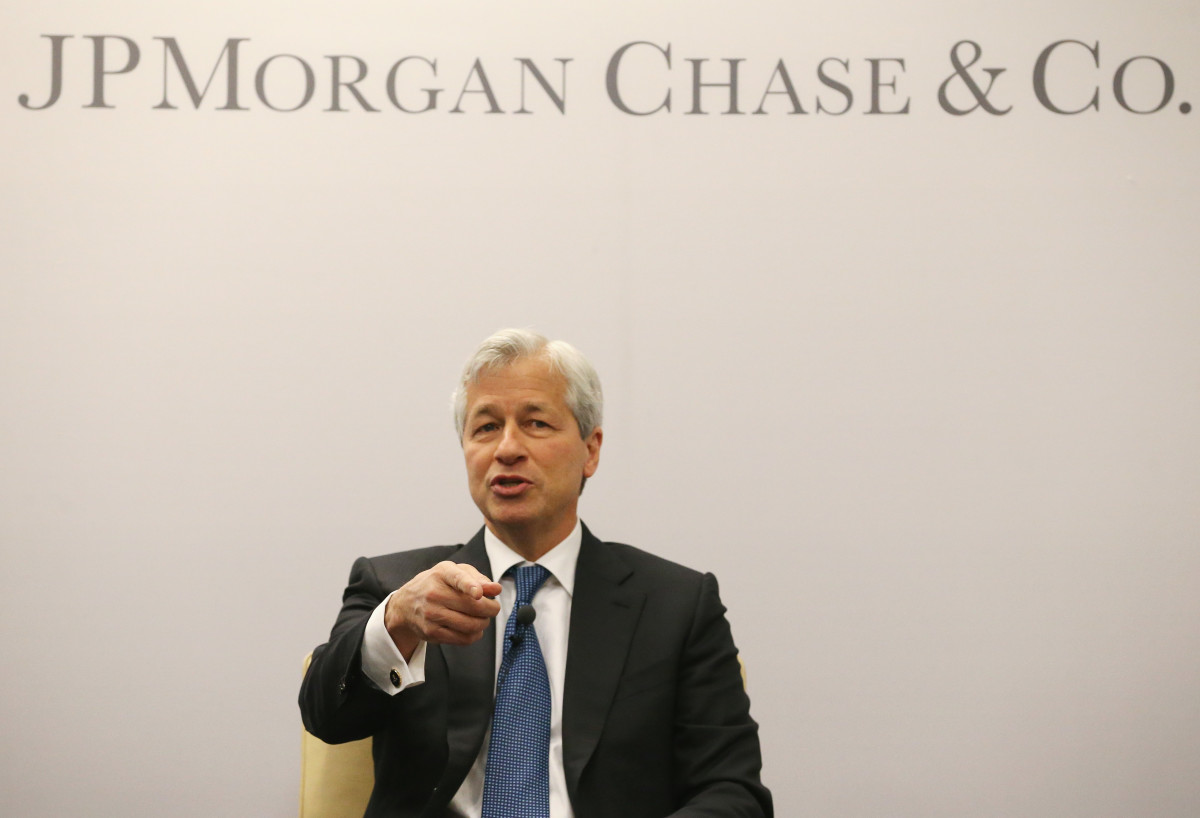The practice management platform MyCase has been sold to a private equity firm, it was announced this morning.
The previous owner of MyCase, AppFolio, a California-based provider of cloud-based business technology, said it had entered into a definitive agreement to sell 100% of the equity interest in MyCase, a wholly owned subsidiary.
It was sold to funds advised by Apax Partners, a private equity firm, for approximately $193 million in cash.
Founded in 2010, MyCase is a leading cloud-based legal practice management software designed to help firms run efficiently from anywhere, provide an exceptional client experience, and easily track firm performance so that firms can reach their business goals.
MyCase covers the entire client lifecycle with Lead Management, Case Management, Billing and Invoicing, and robust Reporting. It includes market leading features such as integrated MyCase Payments, 2-way text messaging, and the MyCase Client Portal to centralize client communication and share files securely.
In a statement, Kim Coalson, president of MyCase, said, “Our mission at MyCase is to enable our customers’ success by providing powerful legal practice management software that modernizes the client experience and increases the efficiency of firm operations. The Apax Funds’ record of investing in software companies that become category leaders makes the partnership a great opportunity for MyCase to increase the breadth of our product and accelerate growth, while continuing to provide the high level of service our customers expect.”
In a separate blog post, Coalson said that MyCase remains strongly committed to its customers and “to continuing to provide the level of service you’ve come to expect from our team.”
She also said that the full MyCase team, including its senior leadership team, will continue to be part of MyCase. “This continuity ensures that our technology and services remain at a high level and that we remain focused on our mission to empower law firms to improve efficiency, deliver an exceptional client experience, and reach their business goals,” she wrote.
Umang Kajaria, partner at Apax, said, “MyCase software and its integrated payments greatly simplify law firm operations, so legal professionals have more time to do what they love most – serving their clients. Increasing adoption of cloud-based legal software is driving rapid growth, and MyCase is a leader in modern legal practice management through its best-in-class product and customer centricity. We are excited to partner with Kim and the MyCase team to invest behind continued innovation and growth acceleration.”
The Apax Funds will support MyCase with increased investments in product development, sales, and marketing to continue its impressive growth trajectory.
The transaction was approved by AppFolio’s board of directors and is expected to close before the end of the third quarter, subject to regulatory approval and other closing conditions.








 Kathryn Rubino is a Senior Editor at Above the Law, and host of
Kathryn Rubino is a Senior Editor at Above the Law, and host of 





